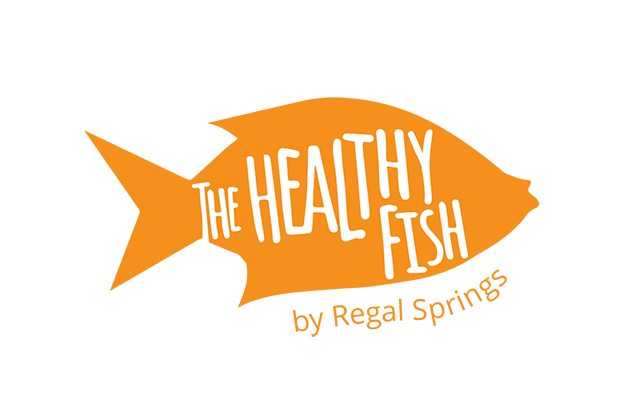When it comes to peoples’ health and wellbeing, there’s nothing a nutritionist, dietician or conscious consumer loves more than a scientific consensus. And one of the things that everyone seems to agree on most is the benefits of eating fish. Study after study has confirmed that eating more fish—especially those raised without chemicals, antibiotics, preservatives or other additives—can benefit our health and our planet.
Let’s take a look at some of the (proven!) reasons why you should add more fish, like Tilapia, to your diet.
A Healthy Heart
Fish are heart-smart. The American Heart Association has long been recommending that people eat a minimum of two servings of fish per week—and many, including Mayo Clinic, still heed this advice today. The reason is simple: omega-3 fatty acids prevent cardiovascular disease in people with healthy hearts and reduce the risk of potentially life-threatening arrhythmias in people who already suffer from heart conditions. By helping to lower blood pressure, slow down the accumulation of plaque in arteries and decrease triglycerides, seafood is sure to keep your heart ticking for many years to come.
As an added bonus, fish is low in fat. Along with heart disease, type 2 diabetes, obesity and strokes are widespread health problems in the developed world. Since fish is the leanest type of meat, it makes sense to eat more of it—especially because it’s also been shown to lower blood cholesterol.
A Strong Mind
Seafood gives a whole new meaning to the term “brain food.” Fish, for example, has been shown to lower the risk and rate of cognitive decline. An oft-cited study published in the American Journal of Preventive Medicine shows that eating fish also helps to preserve grey matter—the good stuff in your brain that allows you to store memories, regulate your emotions, and retain and process information.
While we can all benefit from eating seafood at least once per week, expectant mothers may want to consider eating even more. Fish are so full of protein and essential nutrients that they’re an important part of an infant’s neural and cognitive development—correlating with higher intelligence and improved behavioral function.
Of course, this varies depending on the species and how the fish is raised. Look for fish that are low in mercury and other naturally occurring chemicals, and always remember to check your seafood labels to confirm it doesn’t contain growth hormones or antibiotics.
A Sunny Outlook
Consuming fish not only prevents many ailments and diseases, but might also be able to improve our moods. Several studies have been conducted to determine whether omega-3 fatty acids can help treat depression and bipolar disorder—and while more research needs to be done, the results so far seem positive.
Speaking of a sunnier outlook, seafood is an excellent source of vitamin D. Even though we can synthesize this nutrient through exposure to sunlight, there are several factors—including diet and age—that can cause a deficiency. It’s difficult to find a good source of vitamin D in food, but fish is full of it. And eating enough seafood will give you all of its benefits: better calcium absorption for stronger bones, improved cell growth and better immune function.
A Greener Planet
In terms of greenhouse gases emitted and waste products generated, aquaculture is much more environmentally friendly than land-based meat production, and fish farming is one of the fastest growing sectors in the world. This is great news, since the vast majority of wild fisheries are being harvested at their maximum capacity or beyond.
Companies that are committed to sustainable aquaculture are leading the way. Regal Springs, for example, is extremely careful when it comes to regulating water quality and protecting local ecosystems while raising Tilapia. When held to this high of a standard, aquaculture presents endless opportunities for protecting the environment and feeding the future at the same time.
Seafood can benefit the mind, heart, body and planet. So why wouldn’t you add more fish to your diet? Check out our fresh and flavorful Tilapia recipes to inspire your next meal.
Photo Credits: Elena Trukhina / Shutterstock Inc., Bartosz Luczak / Shutterstock Inc., Timolina / Shutterstock Inc.








